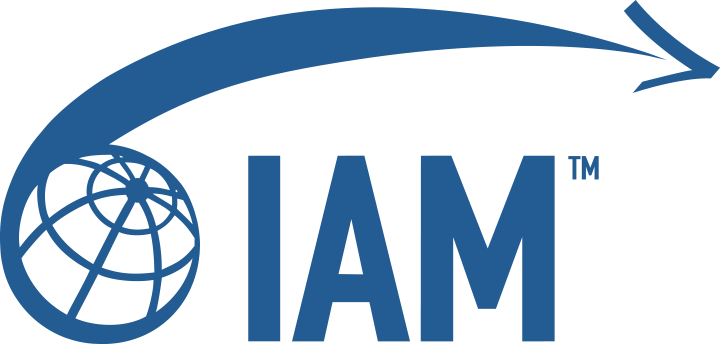Original Legislation Approved by the U.S. House of Representatives
On July 3rd, the U.S. House voted 218 to 214 to pass the final version of H.R. 1, the “One Big Beautiful Bill Act, aka, the tax reconciliation bill.
H.R. 1 received aye votes from all House Republicans, except for two who voted against the bill, alongside all House Democrats. The text for H.R. 1 (as amended by the Senate) was narrowly approved by a 51 to 50 in the Senate on July 1st, with the tie-breaking vote cast by Vice President JD Vance.
Key business-focused measures of the approved legislation are below:
- Permanent expansions the current 199A small business 20 percent deduction (for S. Corps, LLCs and similar) – the current corporate rate, currently at 21%, is already permanent and was not further adjusted in the bill – the 199A deduction was scheduled to expire at the end of 2025.
- Renews 100 percent immediate expensing for equipment and machinery purchased after January 1st, 2025
- Provides for 100 percent immediate expensing for research & development in the U.S.
- Section 179 expensing cap increased – now up to $2.5 million in qualifying property may be expensed, with phase outs beginning at $4 million
- Expands the eligible uses of funds within 529 education savings accounts to include post-secondary trades credentials and similar workforce training programs
- Paid family and medical leave credit: Under the bill, Sec. 45S is amended to make the employer credit for paid family and medical leave permanent.
- Makes the 2017 Tax Cuts and Jobs Act (TCJA) individual filing rates permanent
- Raises the State and Local Tax Deduction (SALT) deduction from $10,000 to $40,000 with phase out over time for higher income earners ($500k or more annually)
Moving Expense Tax Deduction
Despite IAM and allied organizations’ efforts on the Hill to ensure the moving expense deduction came back into effect January 1st, the deduction was permanently rescinded for the vast majority of relocations.
That noted, the ability to take the deduction was expanded to those relocating for work within the “intelligence community.” As defined, in current U.S. code, eligible employment relocations would be those in the Office of the Director of National Intelligence, the Central Intelligence Agency (CIA), the National Security Agency, the Defense Intelligence Agency, the National Geospatial-Intelligence Agency, the National Reconnaissance Office and certain offices within the Departments of State, Treasury and Homeland Security. Active duty members of the Armed Services also remain eligible to take the deduction.
Increases on Non-Profit Taxes Largely Avoided
A new tax structure based on income and designated for not-for-profits (trade associations, for example) to assist in paying for H.R. 1 was not included in the legislation. The American Society of Association Executives (ASAE) coordinated with trade associations around the country, as they led the charge on Capitol Hill to push back against earlier proposals that had circulated through financially-focused House Committees.
If you have questions on the reconciliation law or other legislative and regulatory issues, please reach out to Bryan Vickers, with IAM’s Legislative & Regulatory team, bvickers@pacellp.com, 703-403-2882.
